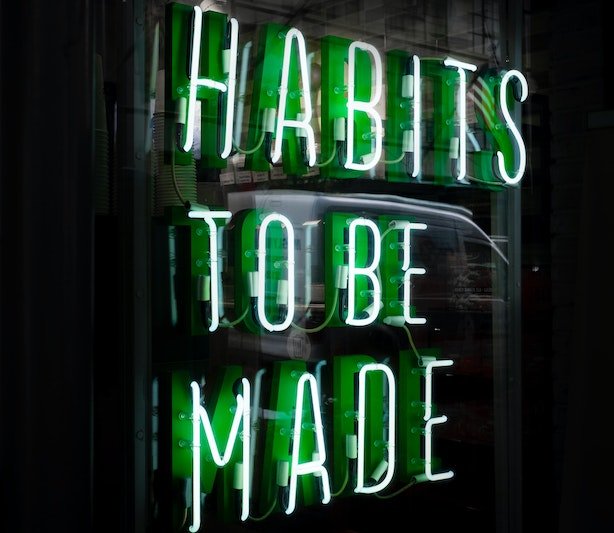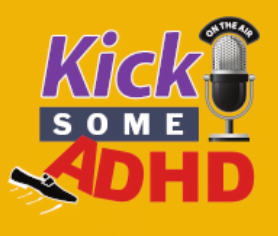
There has been a lot of talk in the last few years about habits for ADHD.
You know, those tiny behaviors we all do without thinking (okay – with ADHD we are always thinking…just not about what we’re doing). Actions we tend to automate like tossing our clothes on the chair when we get home from work. Or brushing our teeth when we first wake up.
Habits can be pretty awesome for ADHD when they work for us. The less we have to remember to brush those teeth, the more we can channel our brain power into other things. We save time. We end up more productive and efficient. We get things done. (And get fewer cavities and fresher breath.)
But some ADHD habits, like plopping the clothes on the chair every night, can be costly. They lead to disorganization, shame, frustration. They waste time and uproot our sense of self. We end up overwhelmed because we can’t find things and have to sort through all the clutter and mess.
When you have ADHD, it’s essential that you develop good habits. That you put time and attention into those little behaviors, practice them over and over again until they are automated, especially if they are actions that don’t come naturally. Because our ADHD brains often like to take the easy way out, and we need those habits to work for us and not against.
Setting Good Habits with ADHD
The first step to creating solid ADHD habits is to get aware of your current habits. Stop right now and assess your regular day-to-day activities.
Start with the morning. What do you do before you get out of bed? What do you do when you first get up? What’s the next thing? Walk yourself through each behavior until you transition into work or leave the house.
Do you notice any movements that you routinely do? Do they work for you or end up causing more clutter, making you late, or distracting you?
Go through other parts of your day and see what habits help you achieve your goals.
Realistically you already have lots of habits for all kinds of everyday activities. The problem is many of your habits make ADHD worse. They keep you disorganized, waste time, or distract you from your goals. Habits like scrolling on your phone in bed, ignoring the mail, and not putting away the clean laundry.
The second step, once you’ve noticed what you’re already doing, is to start changing those habits that aren’t working for you. This is hard. It takes a lot of awareness and determination because these are things you do without thinking. You’ll have to try, try again. And again.
Developing new habits takes time. But having ones that work for you can be so powerful! If you’d like to learn new habits, especially around dealing with clutter – we start that Unit in February, join us in the ADHD Success Club.
Starting today, I challenge you to start noticing your habits, both good and bad. Notice the impact they have on your disorganization. Organizing ADHD is a matter of adjusting bad habits to become new, powerful organizing habits.
Keep learning:
- Check out my Secret Habits of Organized People in the Organized for Life ebook
- My blog: Organizing ADHD? Habits Matter
- Sign up for the ADHD Success Club for weekly trainings and coaching to develop habits that help!

 Tired of struggling with ADHD? You’re in the right place. ADHD Success is loaded with free, practical tips to help you get organized, manage your time, and live more easily with Adult ADHD. Like what you read? Sign up for the newsletter now! No Spam. I promise!
Tired of struggling with ADHD? You’re in the right place. ADHD Success is loaded with free, practical tips to help you get organized, manage your time, and live more easily with Adult ADHD. Like what you read? Sign up for the newsletter now! No Spam. I promise!
0 Comments